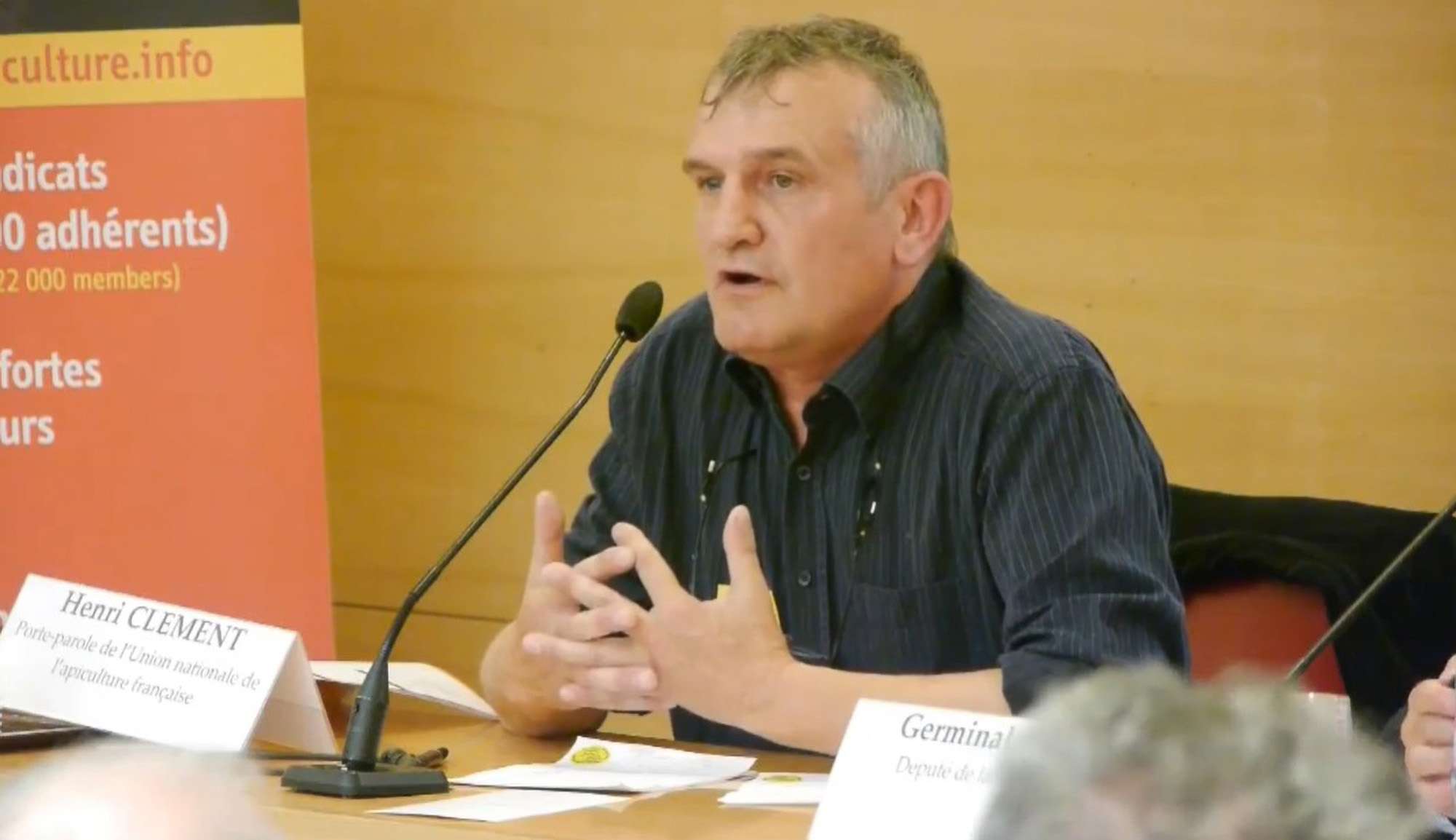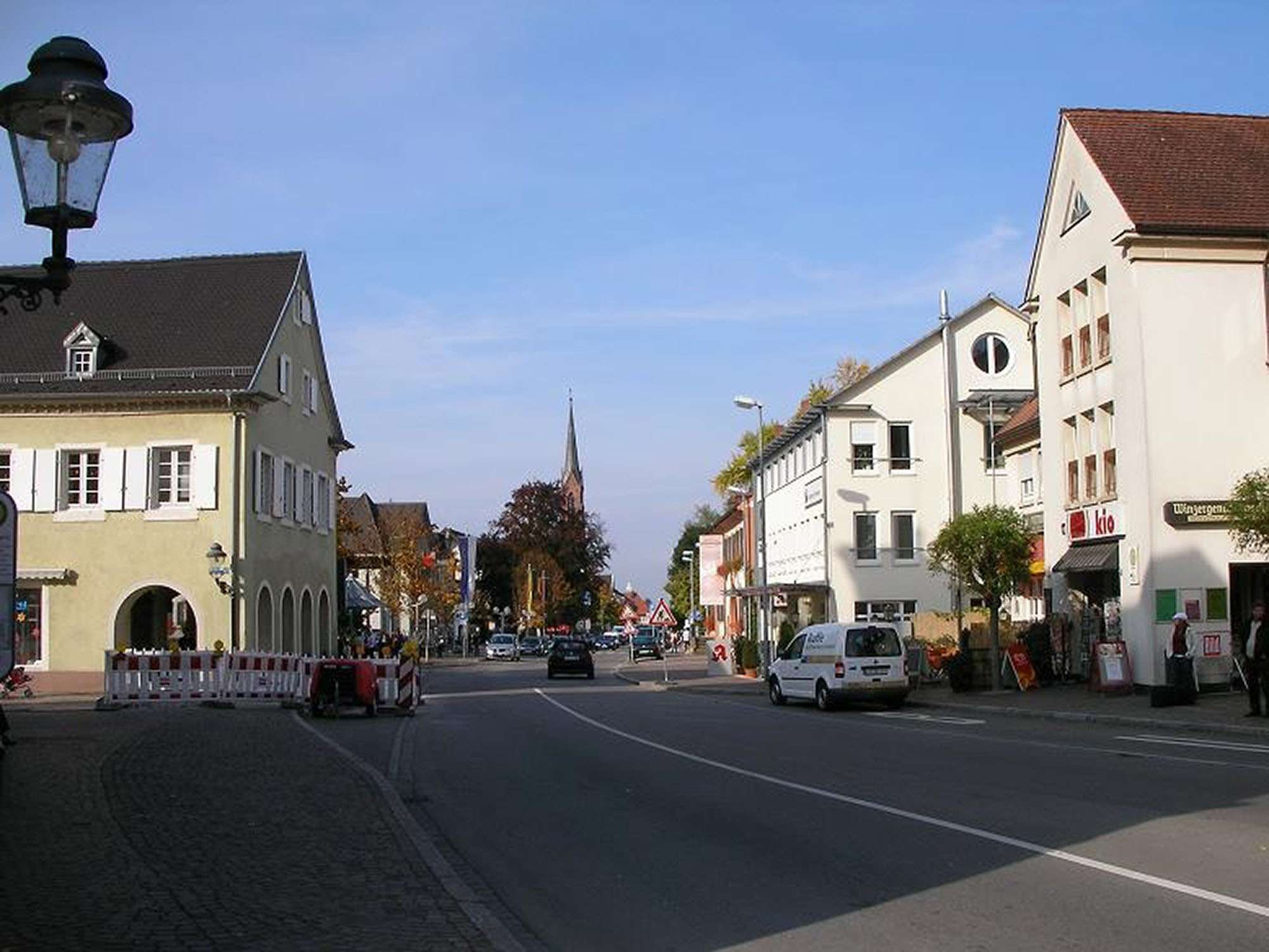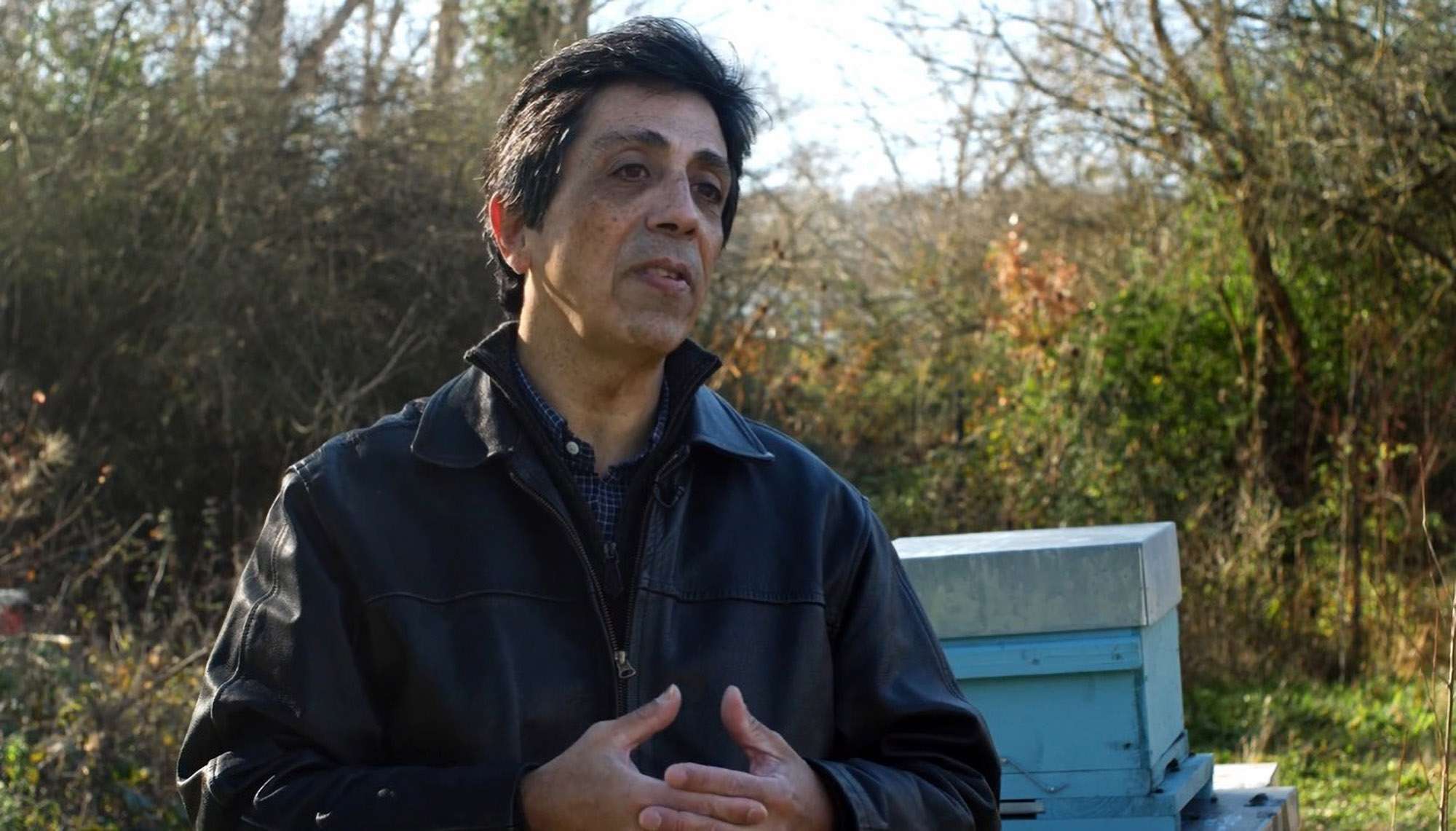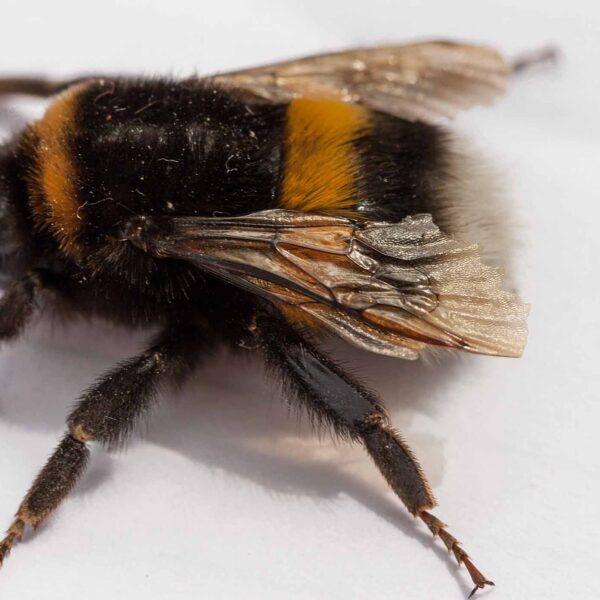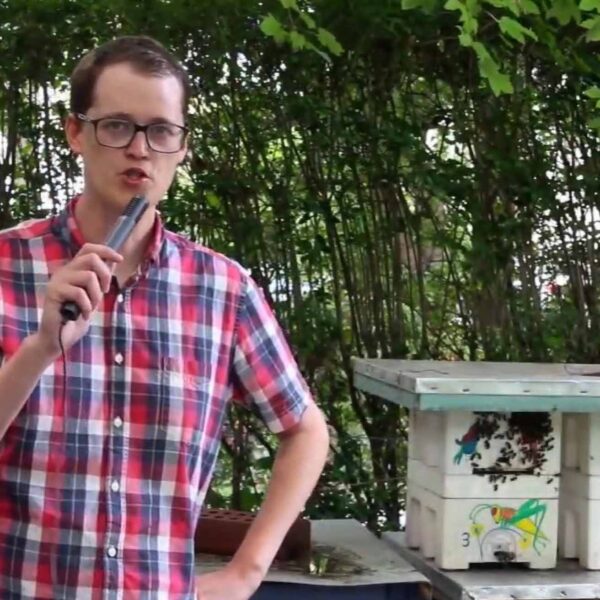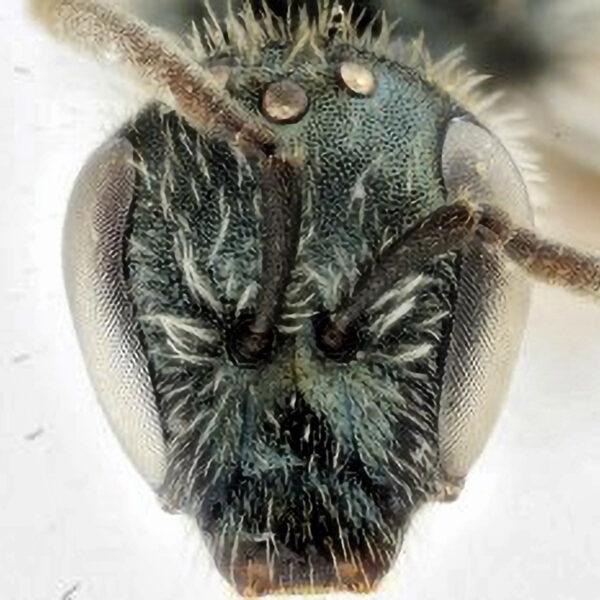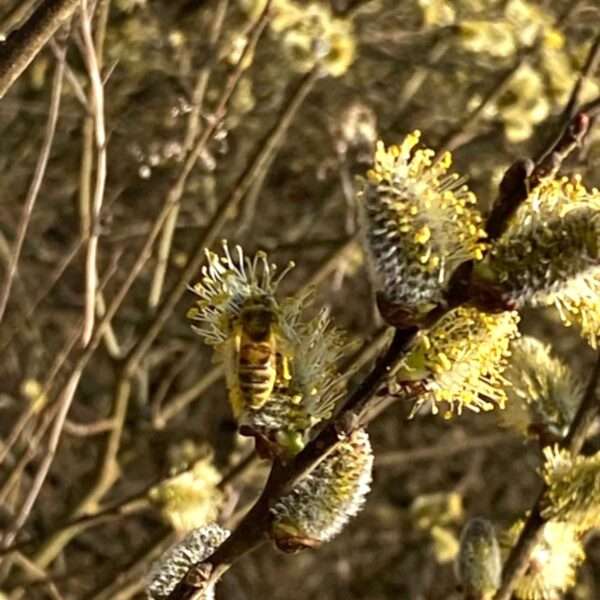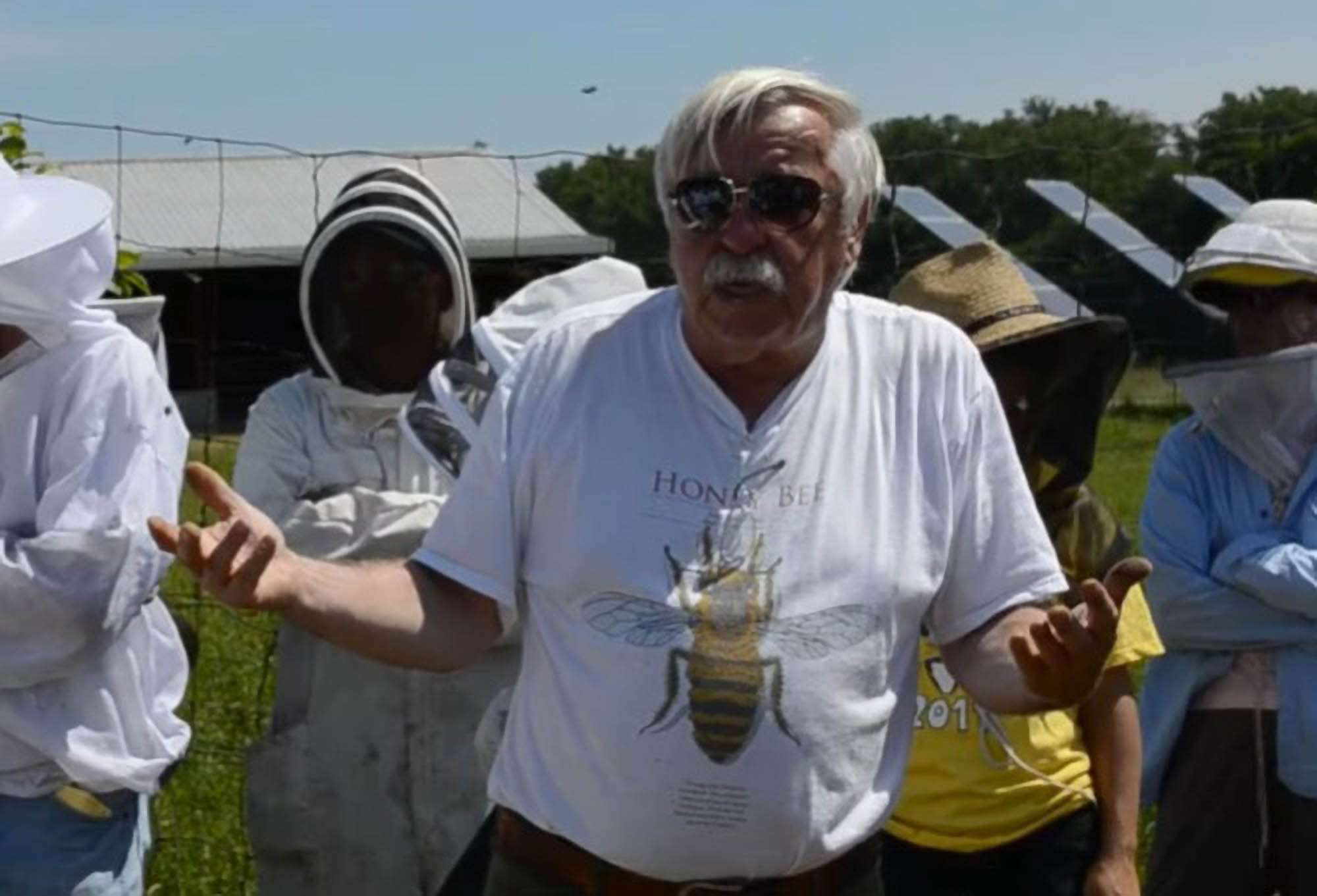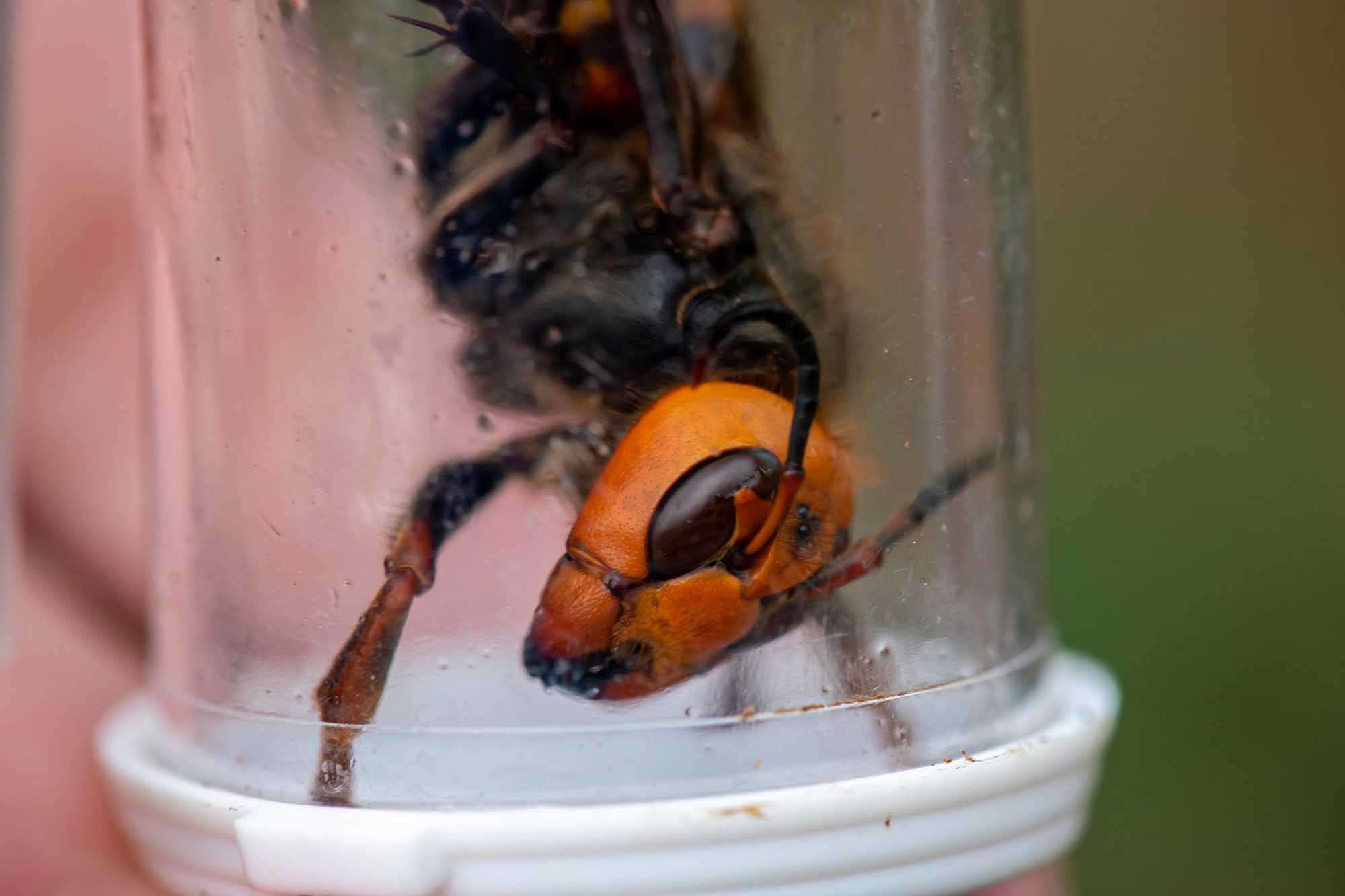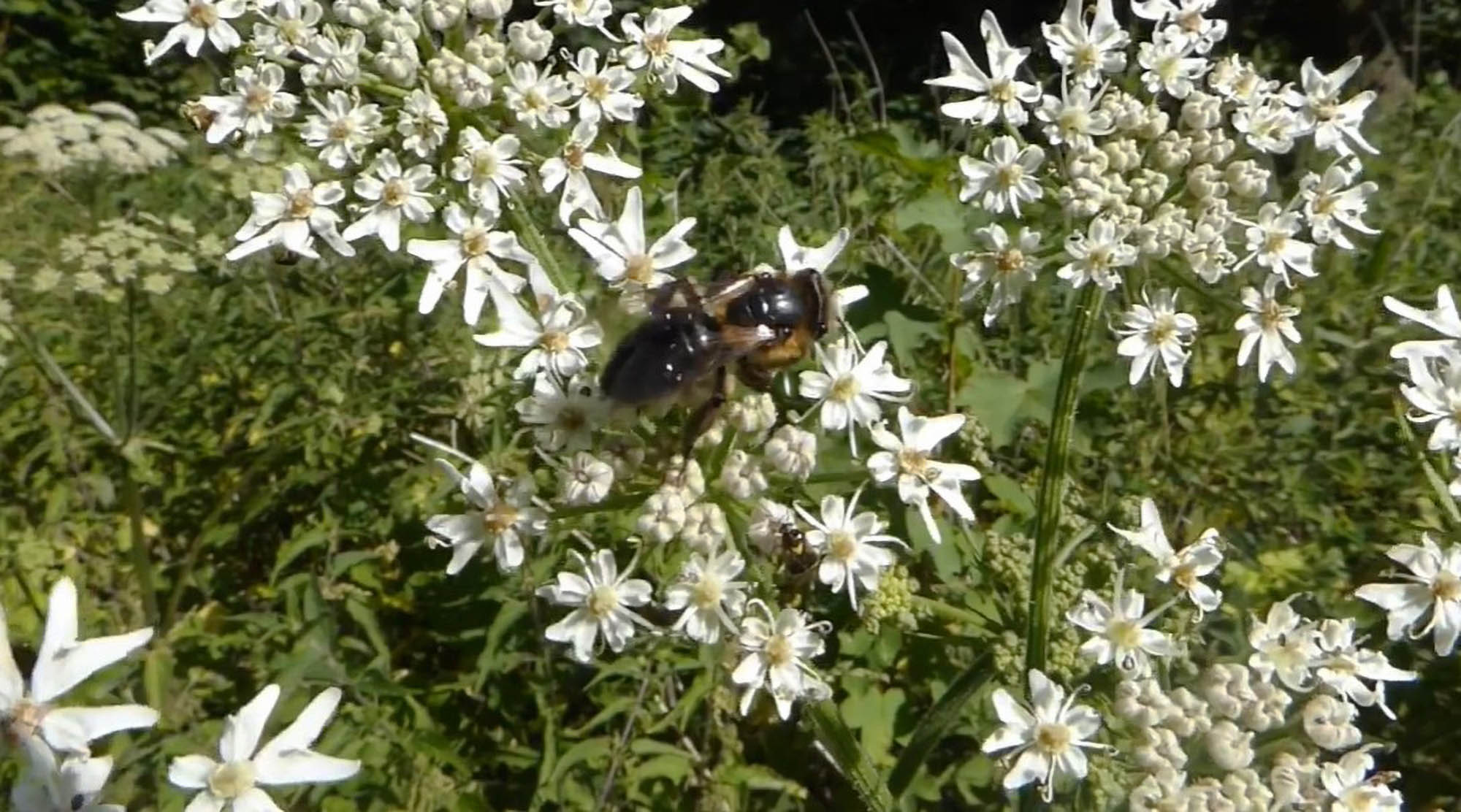An experienced French beekeeper has deplored the situation his young colleagues are currently in.
Henri Clement manages 200 hives in the department of Lozere, southern France, and acts as a spokesman for the Federal Association of French Apiculture (UNAF).
The 62-year-old told the agricultural news website Terre-Net: “I’ve fought for the benefit of bees for 30 years. I’m not sure whether I’d give it a go in beekeeping were I young these days.”
Clement identified the Asian giant hornet, the varroa mite, climate change and the excessive usage of pesticides as the main challenges for beekeepers in the 21st century.
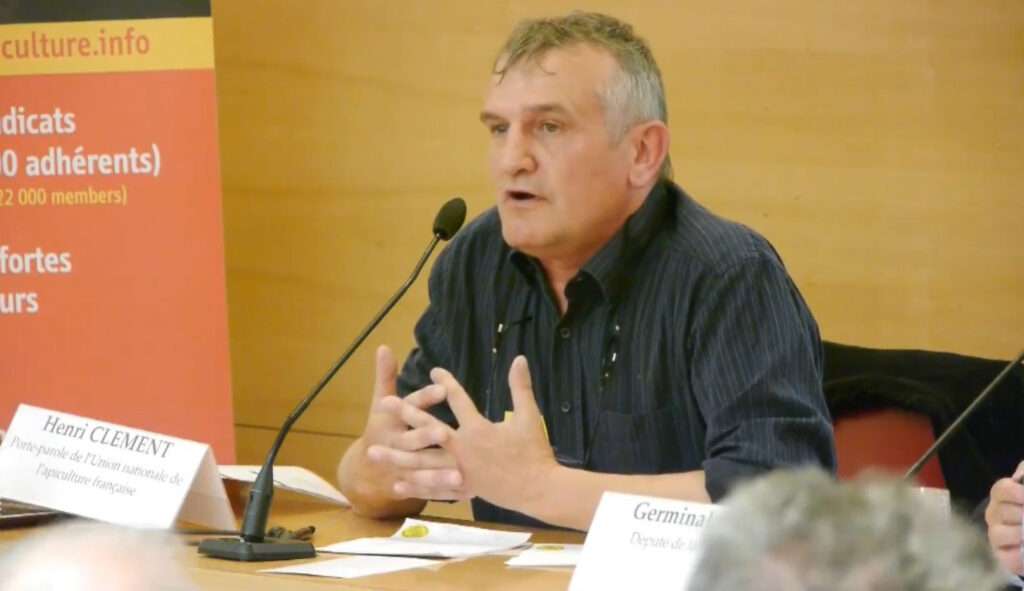
Asian giant hornets kill and eat honeybees. They are capable of destroying whole colonies.
The varroa destructor feeds on honey bees. It reproduces by attaching to the body of the bee. The insect gets weaker as the mite sucks its fat-storage cells.
Bees have less time to collect pollen in many regions due to the global warming-induced changes to the blooming period of various flowers.
Studies have shown that pesticides seriously damage gut microbial communities that live in the digestive tracts of animals. Intense pesticide application impairs the insects’ reproduction.
Clement said that, while he was about to retire, the current circumstances were “highly unpleasant” for anyone interested in kicking off their apiculture endeavour.
There are around 70,000 beekeepers and 1.8 million hives in France. Within the European Union (EU), only Spain, Romania, Greece and Poland register higher figures.
UNAF expects this year’s domestic honey harvest to range between 12,000 and 14,000 tonnes.

